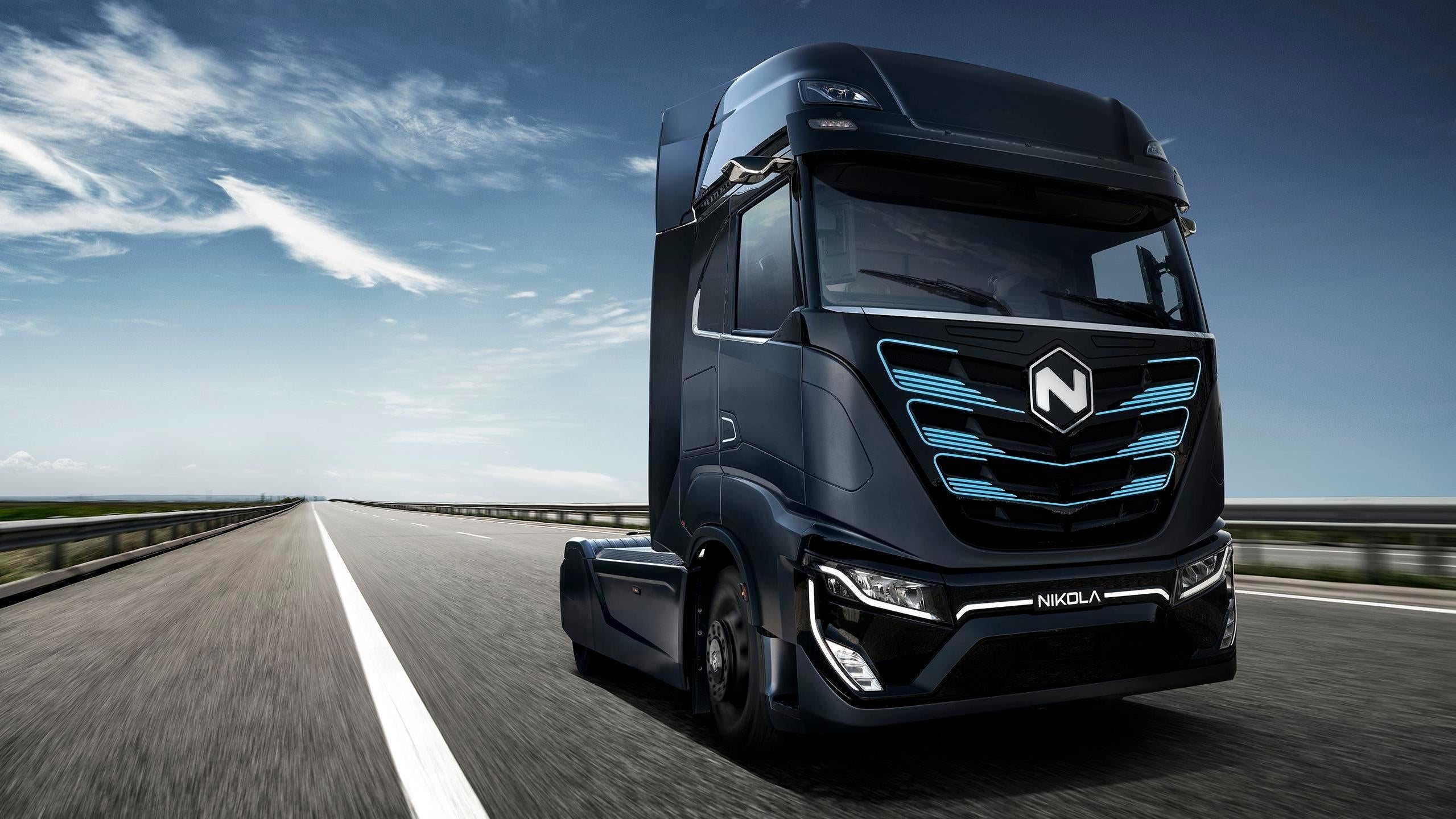Nikola, a GM-backed electric truck company that famously admitted one of its promotional videos was just a prototype rolling down a hill, has agreed to pay the Securities and Exchange Commission $125 million to settle charges that it defrauded investors by lying about its products and technical capability.

The agreement comes about a year after the SEC allegedly launched an investigation into the company over allegations that it misled investors about its business methods, and nearly five months after the agency formally accused former CEO Trevor Milton with breaking anti-fraud laws. Milton was charged with three counts of criminal fraud by a federal grand jury last summer.
The SEC accused Nikola of orchestrating a massive public relations campaign aimed at raising its stock price before its goods were ready for development, according to a statement.
“The order also finds that Nikola misled investors by misrepresenting or omitting material facts about the prototype vehicles’ refuelling time, the status of its headquarters’ hydrogen station, the anticipated cost and sources of electricity for its planned hydrogen production, and the economic risks and benefits associated with its contemplated partnership with a leading auto manufacturer,” the SEC said.
Nikola was accused by the SEC of violating the federal securities laws’ antifraud and disclosure control requirements. Milton’s strong presence on social media, where he allegedly contacted investors and allegedly provided them inaccurate information, has also been a source of concern for the agency.
In July, SEC Division of Enforcement Director Gurbir S. Grewal stated, “Having chosen to promote Nikola through social media, Milton was obligated under the securities laws to communicate entirely, honestly, and truthfully.” Nikola said it’s “pleased to bring this chapter to a close” in its own statement, despite the fact that it won’t acknowledge or deny the SEC’s claims as part of the settlement. Nikola also stated that it would continue to assist with the Securities and Exchange Commission on a separate probe, which the New York Times speculates could be a reference to additional litigation against Milton.
Nikola, like many other recent electric vehicle businesses, was surrounded by a tidal of of publicity when it first launched. To put it in context, the corporation was once valued at $26 billion despite not generating any income.
In July, SEC Division of Enforcement Director Gurbir S. Grewal stated, “Having chosen to promote Nikola through social media, Milton was obligated under the securities laws to communicate entirely, honestly, and truthfully.” Nikola said it’s “pleased to bring this chapter to a close” in its own statement, despite the fact that it won’t acknowledge or deny the SEC’s claims as part of the settlement. Nikola also stated that it would continue to assist with the Securities and Exchange Commission on a separate probe, which the New York Times speculates could be a reference to additional litigation against Milton.
Nikola, like many other recent electric vehicle businesses, was surrounded by a tidal of of publicity when it first launched. To put it in context, the corporation was once valued at $26 billion despite not generating any income.
Last year, Milton was forced to retire as chairman and CEO of the company after a study by investment firm Hindenburg Research accused him of exaggerating Nikola’s technological capabilities. (For the record, Hindenburg is a short-selling business that profited from Nikola’s stock’s decline.) Nikola had vehemently refuted the charges in the Hindenburg Research report at the time, calling them “false and deceptive.” The investigation claimed, among other things, that Nikola used components from other suppliers despite claiming to employ its own original technology to investors.












